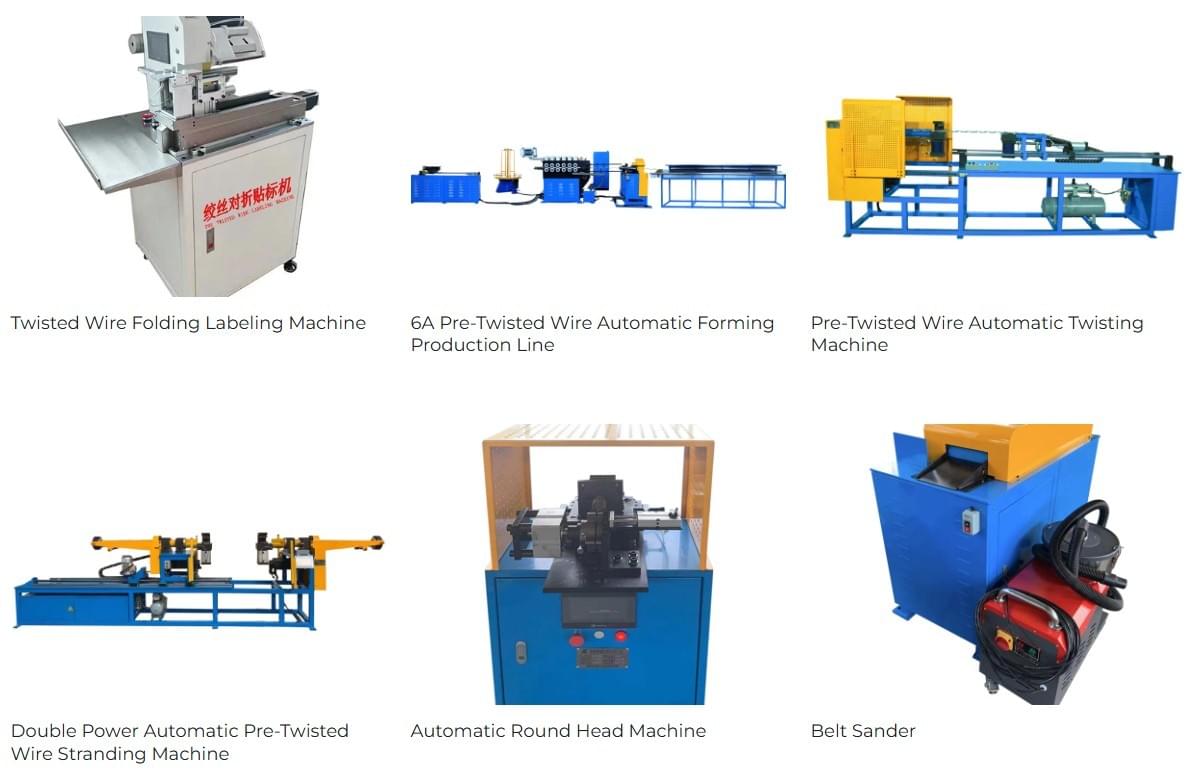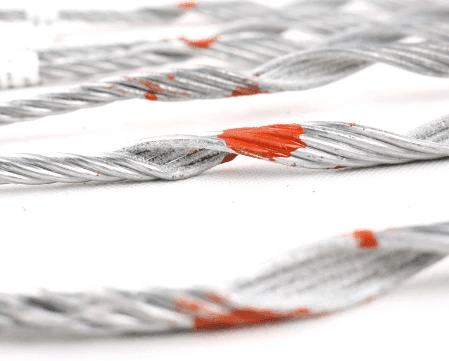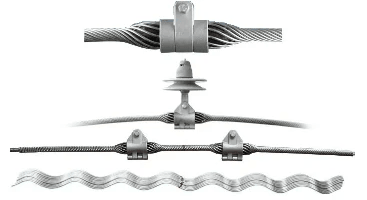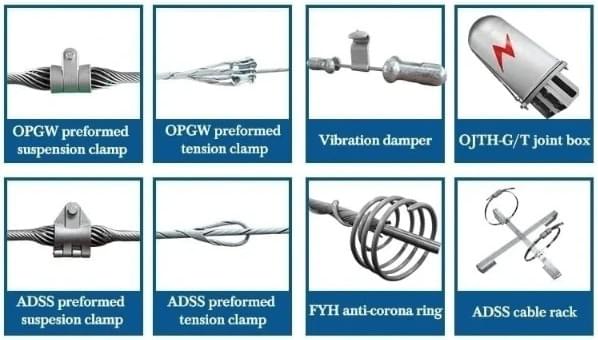Introduction

Choosing the right manufacturer for your tensile testing equipment is a pivotal decision that can significantly impact the quality and reliability of your testing processes. The market is saturated with various tensile testing machine manufacturers, each claiming to offer superior products; however, not all are created equal. Selecting a reputable manufacturer ensures that you invest in a tensile testing machine that meets industry standards and delivers accurate results.
Importance of Choosing the Right Manufacturer
The importance of choosing the right tensile testing machine manufacturer cannot be overstated. A well-established manufacturer brings years of experience and expertise to the table, which translates into high-quality products tailored to your specific needs. Furthermore, investing in equipment from a reliable source minimizes risks associated with faulty machinery, ensuring consistent performance over time.
The Role of Quality in Testing Equipment
Quality plays an indispensable role in the effectiveness of any testing machine, especially when it comes to tensile strength test machines. High-quality materials and precise engineering ensure that these machines can withstand rigorous use while providing accurate readings essential for material evaluation. When you prioritize quality in your selection process, you not only enhance the reliability of your results but also extend the lifespan of your tensile testing equipment.
What Sets Manufacturers Apart
What truly sets one tensile testing machine manufacturer apart from another is their commitment to innovation and customer satisfaction. Some manufacturers focus on integrating cutting-edge technology into their machines, offering features like automation and smart functionalities that streamline operations. Additionally, exceptional after-sales support and customization capabilities can elevate a manufacturer's standing in the competitive landscape of tensile testing equipment providers.
Evaluating Manufacturer Reputation

Industry Experience and Expertise
The experience of a tensile testing machine manufacturer often reflects their ability to deliver high-quality products and services. Manufacturers with decades of expertise are likely to have refined their processes and developed advanced technologies that enhance the performance of their tensile testing equipment. Additionally, an established presence in the market indicates that they have successfully navigated challenges and adapted to industry changes over time.
Expertise also comes from specialization; manufacturers who focus solely on tensile testing machines are usually more knowledgeable about the specific requirements for various applications. This specialized knowledge ensures that they can provide tailored solutions that meet diverse industry needs—from research institutions to manufacturing facilities. Therefore, when evaluating potential manufacturers, consider how long they've been in business and what areas they specialize in.
Customer Reviews and Testimonials
Customer reviews serve as a valuable resource when assessing a tensile testing machine manufacturer's reputation. Positive testimonials highlight the effectiveness of their tensile testing equipment while providing insight into customer satisfaction levels regarding product quality and after-sales support. It’s wise to look for patterns in reviews—consistent praise or criticism can reveal much about a manufacturer's reliability.
Furthermore, platforms like industry forums or review websites allow potential buyers to see firsthand experiences from existing customers. These testimonials not only reflect product performance but also indicate how responsive the manufacturer is when issues arise or questions need answering. Ultimately, positive feedback from satisfied customers can be a strong indicator of a trustworthy supplier.
Notable Clients and Partnerships
A manufacturer's portfolio of notable clients can significantly enhance its credibility within the market for tensile testing machines. If well-known companies trust them with their tensile strength test machines, it speaks volumes about the quality and reliability of their products. Collaborations with reputable organizations often suggest that this manufacturer meets stringent standards required by demanding industries.
Additionally, partnerships with educational institutions or research facilities may indicate innovation within their offerings—showcasing how they contribute to advancements in material science through superior tensile testing equipment development. Understanding who these clients are can help you gauge whether this particular manufacturer aligns with your own company’s values and expectations regarding product quality.
Understanding Product Quality

When it comes to tensile testing equipment, product quality is paramount. The effectiveness of a tensile testing machine heavily relies on the materials used, precision in calibration, and proven performance through successful applications. A thorough understanding of these aspects can help you make an informed decision when selecting a tensile testing machine manufacturer.
Materials Used in Tensile Testing Machines
The materials used in constructing a tensile testing machine significantly influence its performance and durability. High-quality steel alloys are commonly employed for structural components to ensure robustness and longevity, while specialized coatings may be applied to prevent corrosion. Additionally, manufacturers often utilize advanced polymers for grips and fixtures that securely hold specimens during tests, enhancing the reliability of results from the tensile strength test machine.
Choosing a reputable tensile testing machine manufacturer means prioritizing those who use superior materials that withstand rigorous testing conditions. For instance, machines made with high-grade aluminum or stainless steel not only enhance operational efficiency but also minimize maintenance needs over time. Ultimately, the right choice in materials translates into more accurate and consistent test results.
Precision and Calibration Standards
Precision is critical when conducting any form of material testing; hence calibration standards must be strictly adhered to by manufacturers of tensile testing machines. These standards ensure that measurements taken during tests are reliable and reproducible across different machines and settings. A well-calibrated tensile testing machine guarantees that users can trust their data, which is vital for making informed decisions based on test outcomes.
Moreover, leading manufacturers invest in state-of-the-art calibration technology to maintain their equipment's accuracy over time. Regular calibration checks not only extend the life of the equipment but also assure users that they are operating within industry standards for quality assurance purposes. When evaluating potential suppliers, inquire about their calibration protocols—this will give you insight into their commitment to product quality.
Case Studies of Successful Applications
Examining case studies related to successful applications can provide valuable insights into how specific tensile testing machines perform under various conditions. For example, Spark Fittings has demonstrated exceptional customization capabilities with its armor rods made from aluminum wire or galvanized steel wire tailored specifically for different conductor materials. Their success stems from using appropriate raw materials that match conductor surfaces while avoiding corrosion issues between dissimilar elements.
Another notable application involves a leading automotive manufacturer utilizing advanced tensile testing equipment to assess new composite materials designed for lightweight vehicles without compromising safety standards. The reliable data obtained from these tests helped engineers refine designs while adhering to strict regulatory requirements—showing how crucial product quality is in real-world scenarios involving tensile strength test machines.
In summary, understanding product quality encompasses evaluating material choices, precision standards, and real-world applications that highlight performance reliability—essential considerations when selecting your next tensile testing machine manufacturer.
The Impact of Technology

In the rapidly evolving field of materials testing, technology plays a crucial role in enhancing the capabilities and efficiency of tensile testing machines. Manufacturers are consistently innovating to meet the demands of various industries, ensuring that their tensile testing equipment remains relevant and effective. As a result, modern tensile testing machines are not only more precise but also easier to use, allowing for quicker results without compromising on quality.
Innovations in Tensile Testing Equipment
The latest innovations in tensile testing equipment have transformed how manufacturers approach material strength assessments. Advanced sensors and data acquisition systems now provide real-time feedback during tests, enabling operators to monitor performance closely and make instant adjustments if necessary. Moreover, many tensile testing machine manufacturers are integrating software solutions that allow for comprehensive data analysis and reporting, streamlining the entire process from test execution to result interpretation.
In addition to improved functionality, these innovations often lead to enhanced durability and reliability of the tensile strength test machine itself. For instance, newer models utilize high-quality materials that minimize wear and tear over time. This results in less downtime for maintenance and repairs, ultimately saving both time and money for businesses relying on accurate material testing.
Automation and Smart Features
Automation has become a game-changer in the realm of tensile testing machines, making them more user-friendly while boosting productivity significantly. Many modern machines come equipped with smart features such as automated specimen handling systems that reduce human error during setup. These advancements allow technicians to focus on interpreting results rather than performing repetitive manual tasks.
Furthermore, remote monitoring capabilities mean that operators can oversee multiple tests from a distance or even receive alerts about machine performance on their smartphones or computers. This level of connectivity is particularly beneficial for large-scale operations where multiple tensile testing machines may be in use simultaneously. Ultimately, these smart features not only enhance operational efficiency but also ensure consistent accuracy across all tests conducted.
Comparisons with Legacy Testing Machines
When comparing contemporary tensile testing equipment with legacy models, it's clear that advancements have led to significant improvements in both performance and user experience. Older machines often required extensive manual calibration and were limited by outdated technology that could hinder accurate measurements—issues largely resolved by today's cutting-edge designs from leading manufacturers.
For instance, legacy tensile testing machines might struggle with precision due to mechanical limitations or outdated sensors; however, modern devices boast sophisticated electronic components designed for optimal accuracy under various conditions. Additionally, many new models feature intuitive interfaces that simplify operation compared to the cumbersome controls found on older equipment.
Ultimately, choosing a reputable tensile testing machine manufacturer ensures access to state-of-the-art technology capable of meeting rigorous industry standards while offering longevity and reliability—qualities essential for any business invested in quality assurance through effective material assessment.
After-Sales Support and Services

Choosing a reliable tensile testing machine manufacturer goes beyond just selecting the right equipment; it also involves evaluating the after-sales support and services offered. A strong support system can significantly impact the longevity and performance of your tensile testing equipment, ensuring that it operates at peak efficiency throughout its lifespan. This section will delve into the importance of customer support, training, technical assistance, and maintenance options available from reputable manufacturers.
Importance of Customer Support
Customer support is crucial when investing in a tensile testing machine or any other testing machine. A responsive customer service team can address concerns promptly, minimizing downtime and keeping your operations running smoothly. When manufacturers prioritize customer support, they demonstrate their commitment to client satisfaction, which is essential for long-term partnerships in industries reliant on precise tensile strength test machines.
Moreover, effective communication channels such as phone support, live chat, or email ensure that users can reach out for help whenever needed. This accessibility not only fosters trust between the manufacturer and clients but also enhances user experience with their tensile testing equipment. In an industry where precision is key, knowing that expert help is just a call away can make all the difference.
Training and Technical Assistance
Training plays an integral role when integrating a new tensile testing machine into your operations. Many reputable manufacturers offer comprehensive training programs designed to familiarize users with their equipment's features and capabilities. By investing in proper training from a knowledgeable tensile testing machine manufacturer, operators can maximize the machine's potential while reducing the likelihood of errors during operation.
Technical assistance is equally important; having access to experts who understand the intricacies of your specific model ensures that any issues are resolved swiftly and efficiently. Whether it's troubleshooting software or addressing mechanical concerns, timely technical assistance keeps your testing processes on track. Additionally, this level of support helps build confidence among operators who may be new to using advanced tensile testing equipment.
Maintenance Options Available
Regular maintenance is vital for sustaining the performance of any tensile strength test machine over time. Leading manufacturers provide various maintenance options tailored to meet different needs—be it routine check-ups or more extensive servicing plans designed for complex systems like automated tensile testing machines. By engaging with a manufacturer that emphasizes maintenance services, you safeguard your investment against unexpected breakdowns.
Furthermore, some manufacturers offer customizable maintenance contracts based on usage frequency or specific operational requirements—ideal for companies seeking flexibility without compromising quality service. This proactive approach not only extends equipment life but also ensures compliance with calibration standards necessary for accurate results in material testing applications.
In conclusion, after-sales support—including robust customer service, thorough training programs, and reliable maintenance options—is essential when considering a tensile testing machine manufacturer’s overall value proposition.
Customization Capabilities

In today's competitive landscape, the ability to customize testing equipment is a game-changer for many industries. A tensile testing machine manufacturer that prioritizes tailored solutions can significantly enhance operational efficiency and meet specific application needs. This level of customization not only improves product performance but also fosters a deeper partnership between manufacturers and their clients.
Tailored Solutions for Specific Needs
Every industry has unique requirements when it comes to tensile testing machines, and a one-size-fits-all approach often falls short. By collaborating with a flexible tensile testing machine manufacturer, companies can develop tailored solutions that cater to their specific needs. Whether it's adjusting the load capacity or modifying the software interface, customization ensures that the tensile strength test machine aligns perfectly with operational goals.
Moreover, customized tensile testing equipment can lead to better data accuracy and reliability in results. This is particularly important in industries where precision is paramount, such as aerospace or automotive sectors. Ultimately, investing in tailored solutions enhances productivity while reducing downtime caused by equipment inefficiencies.
Spark Fittings: A Case Study in Customization
Take Spark Fittings as an exemplary case of how customization can elevate product offerings within the realm of tensile testing machines. Specializing in preformed armor rods and associated manufacturing equipment, Spark Fittings understands that different conductor materials require specific armor rod compositions—whether aluminum wire or galvanized steel wire—based on corrosion resistance and compatibility with conductor surface materials.
Their commitment to customization extends to offering color-coded armor rods for easy identification during installation—a small detail that makes a big difference on-site! As one of the few professional companies engaged in this niche market, Spark Fittings showcases how effective collaboration with a flexible manufacturer leads to innovative solutions tailored precisely for client needs.
Benefits of Working with a Flexible Manufacturer
Choosing to work with a flexible tensile testing machine manufacturer brings multiple advantages beyond just customized products. First off, these manufacturers are typically more responsive to client feedback and evolving industry trends, ensuring their products stay relevant over time. Additionally, they often provide ongoing support throughout the lifecycle of the equipment—making adjustments as needed based on real-world application data.
Another significant benefit is cost-effectiveness; while off-the-shelf products may seem cheaper initially, customized solutions often yield higher returns on investment due to improved efficiency and reduced maintenance costs over time. In essence, partnering with manufacturers who prioritize flexibility not only enhances product quality but also strengthens long-term business relationships built on trust and mutual growth.
Conclusion

In the world of tensile testing, choosing the right tensile testing machine manufacturer is crucial for ensuring accuracy and reliability in your results. The quality of tensile testing equipment can significantly impact your research, production processes, and ultimately, your bottom line. By considering factors such as manufacturer reputation, product quality, technological advancements, and after-sales support, you can make a well-informed decision that meets your specific needs.
Summary of Key Considerations
When evaluating a tensile testing machine manufacturer, it’s essential to consider their industry experience and customer feedback. A reputable manufacturer will have a track record of successful installations and satisfied clients who can vouch for their products' reliability. Additionally, understanding the materials used in the construction of tensile testing machines and their calibration standards will help ensure that you're investing in high-quality equipment that delivers precise results.
Making an Informed Decision
Making an informed decision involves not only assessing the technical specifications of the tensile testing machine but also understanding how well it fits into your operational requirements. Consideration should be given to customization capabilities; manufacturers like Spark Fittings demonstrate how tailored solutions can enhance performance by addressing specific needs—like using corrosion-resistant materials for armor rods based on conductor types. Ultimately, thorough research combined with customer support options will empower you to select a manufacturer that aligns with your goals.
The Future of Tensile Testing Equipment
The future of tensile testing equipment is bright as innovations continue to reshape how we approach material testing. Advances in automation and smart technologies are making these machines more efficient while improving data accuracy through real-time monitoring features. As industries evolve and demand for customized solutions grows—like those provided by Spark Fittings—the role of flexible manufacturers will become increasingly vital in meeting diverse market needs while maintaining high standards in tensile strength test machines.

